Angela said goodbye
Angela Merkel is meeting with the heads of state of African countries for the last time as German Chancellor.
Friday, 27.08.2021.
17:47
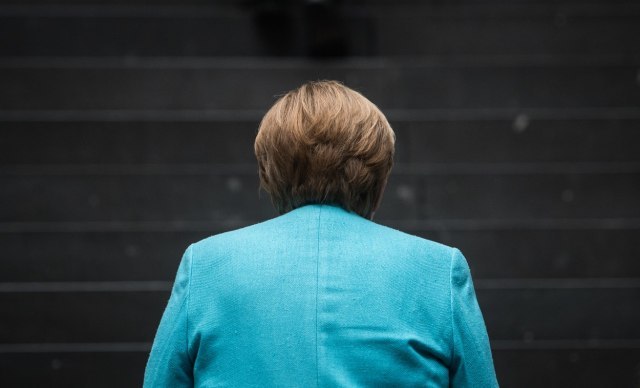
Angela said goodbye
With the "Compact with Africa" initiative, Merkel intended to build economic ties. How successful was that?The conference is officially called "Compact with Africa". But when German Chancellor Angela Merkel meets with a dozen African statesmen this Friday afternoon, some of whom will join via video link, one era is actually coming to an end. It is an era in which Africa has played a slightly bigger role in German politics than before.
The visible signs of this are the following: the "Compact with Africa" initiative is a prestigious project of the German G20 presidency. Private investment was to flow to Africa on a whole new level. The German government wanted to encourage German companies, above all, through a series of support measures for Africa.
At the summit in Berlin, the balance of that initiative will be realized, and it is, from the German point of view, positive. "Yes, there are currently several active German companies in Africa, above all medium-sized ones. Significant growth was achieved in 2018 and 2019, i.e. before the pandemic," Christoph Kanengiser, general director of the African Association of the German Economy, told DW.
The heads of African states will probably send friendly words for farewell. However, there is not much left of the enthusiasm for "Merkel's Plan" - as Ivory Coast President Alassane Ouattara called it in early 2017.
"When I look at African countries today and compare it to the time when Chancellor Merkel announced it, I'm no longer sure that German economic activity has increased significantly," said Olumide Abimbola, director of the African think tank APRI in Berlin.
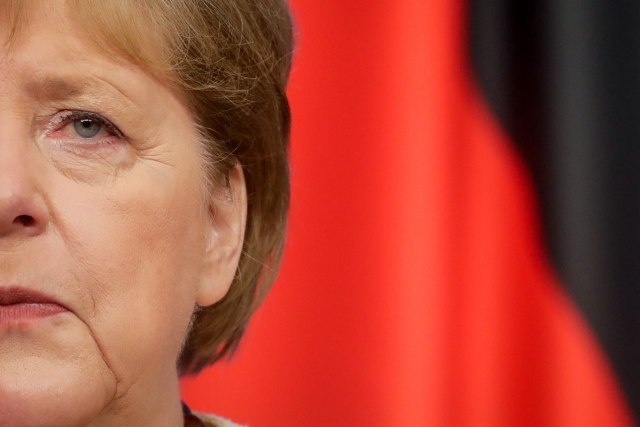
And that despite the numerous support programs adopted by the government of Angela Merkel. Among them is an investment fund worth billions, more consulting offers for companies, as well as better protection and guarantees. The German–African Business Association (Afrika-Verein der deutschen Wirtschaft) believes that these instruments should be further developed. "It is primarily about reducing risks and facilitating financing. But it is also about clearly strengthening the presence of German politicians on the African continent," said General Director of Kanengiser Association.
On the African side, they have a different opinion, and it is not always flattering. African diplomats complain that German companies are scared, even though the competition is doing a good job on that continent. It is also true that for high quality, but of course expensive German products, there are no customers in many countries. About two-thirds of all German traffic and much of the investment goes to the Republic of South Africa, which is relatively prosperous compared to others.
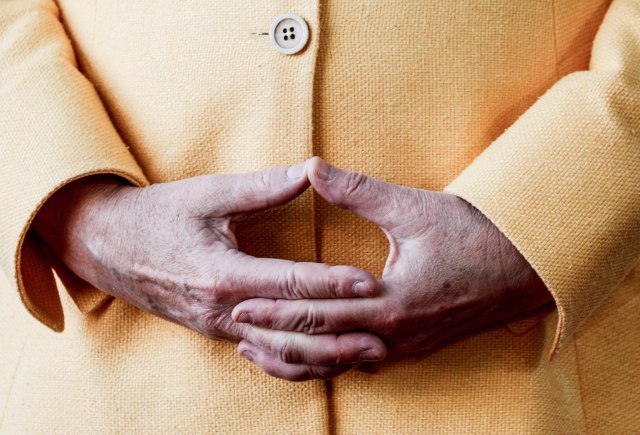
Critics, however, say many support programs do not set firms to clear social standards. The choice of countries for the "Compact with Africa" project is also controversial. Because, in addition to countries that are oriented towards reforms, there are also those with authoritarian regimes, such as Rwanda or Egypt. Ethiopia is here again, despite the bloody conflicts in the Tigris region.
At a meeting on Friday, the leaders of African countries could ask the chancellor, who is still in that position, one important question: how will things develop after the elections in Germany? Because, apart from Angela Merkel, the current Minister of Development, Gerd Muller, will no longer be in the new government. The two most important architects of the new German policy towards Africa are leaving with them.
Merkel has been very engaged in Africa. "We hope that the future ministers of economy and foreign affairs will go to Africa, strengthened by economic delegations, but also provide political support to specific projects."
Of course, it is still unknown who will take positions in the new German government in the fall and how much attention the new German government will pay to Africa in general during the climate change and pandemic.










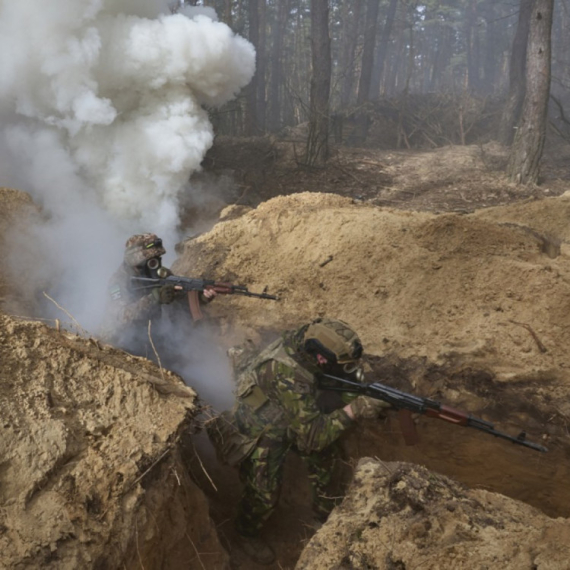

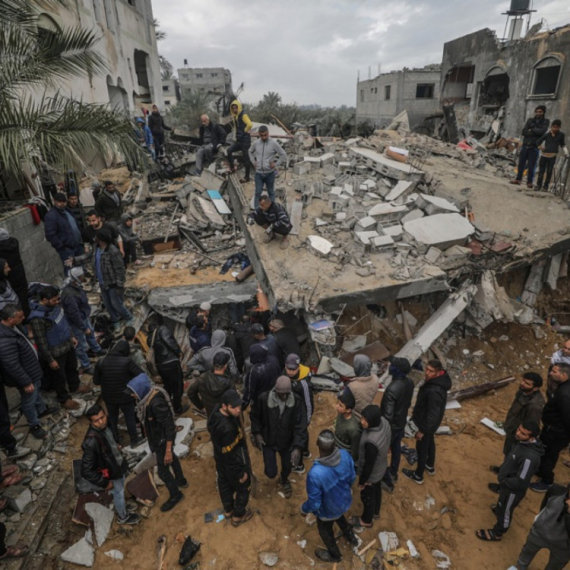
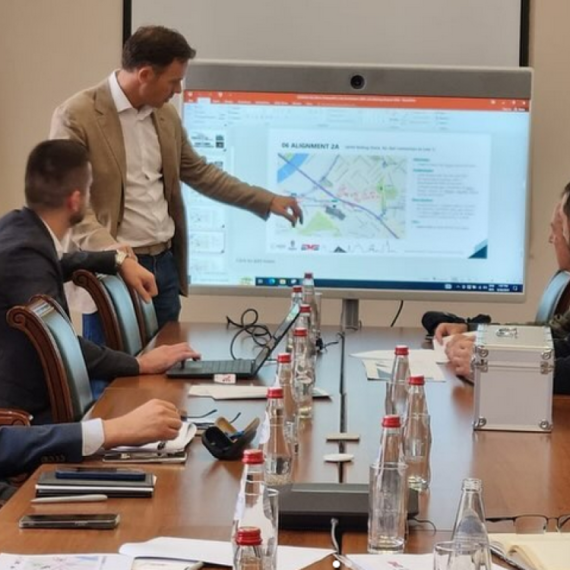

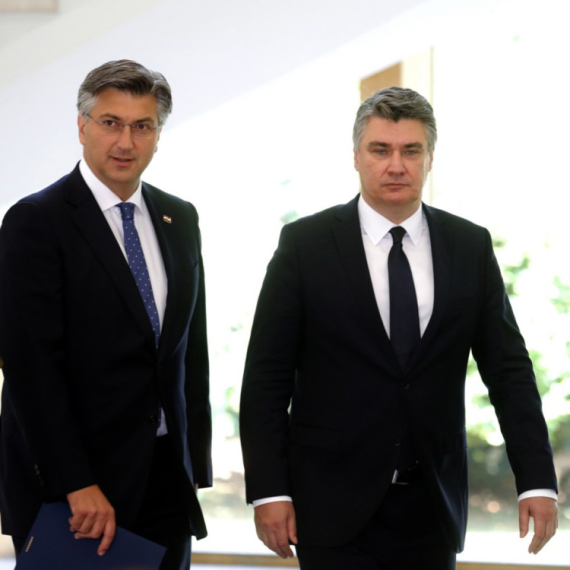
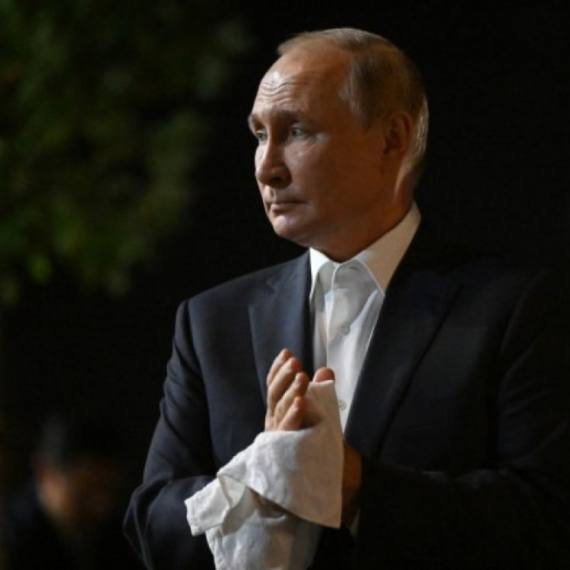
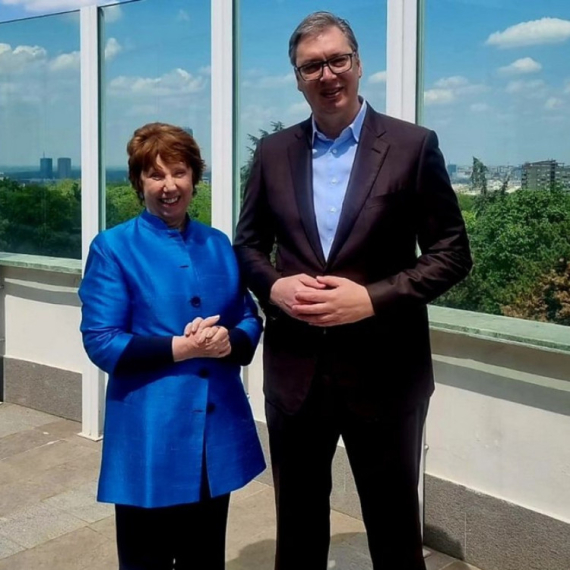


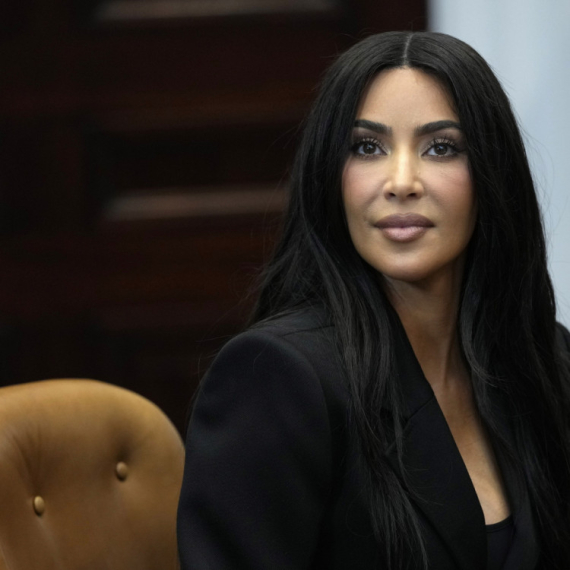
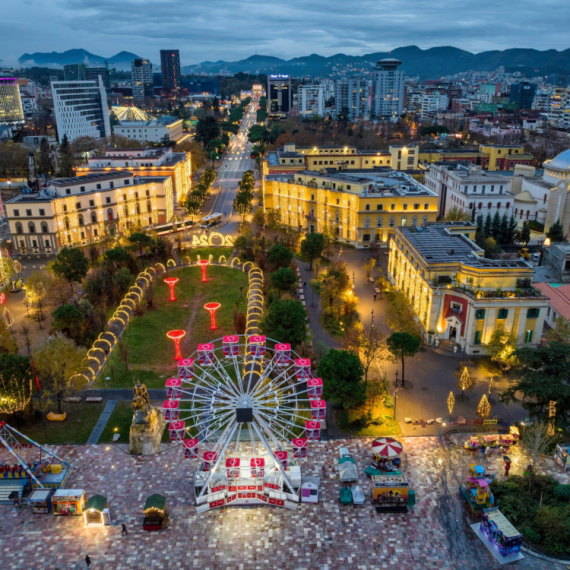




























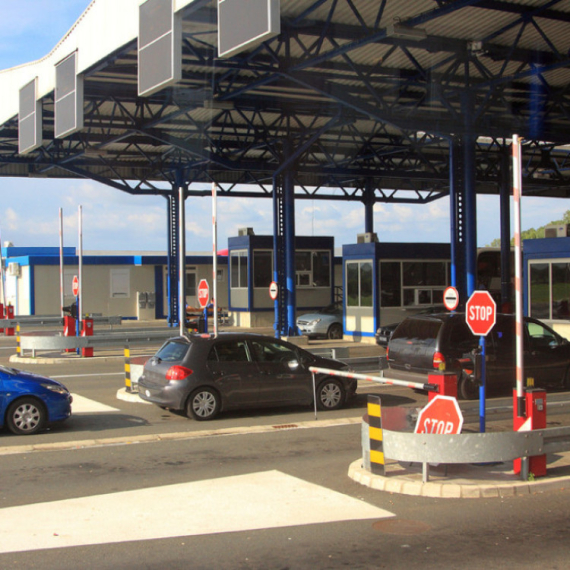
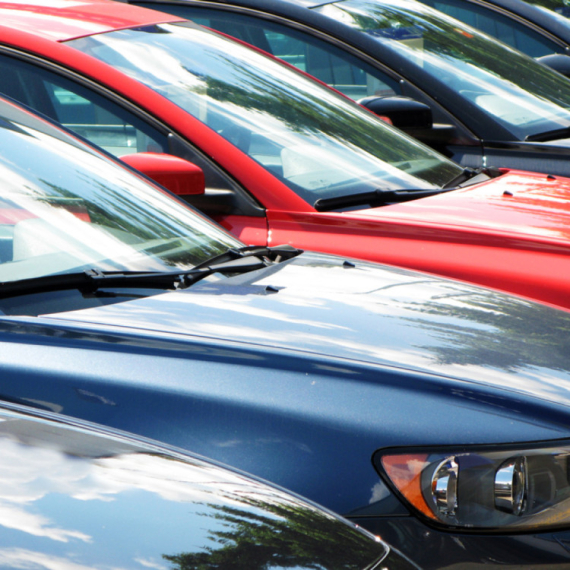




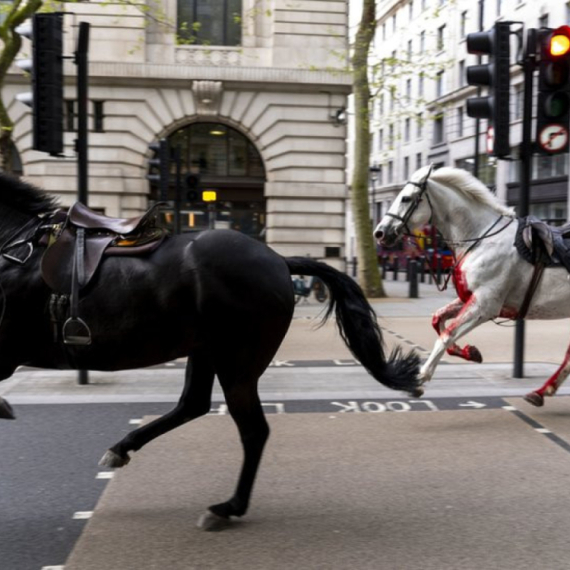

Komentari 3
Pogledaj komentare